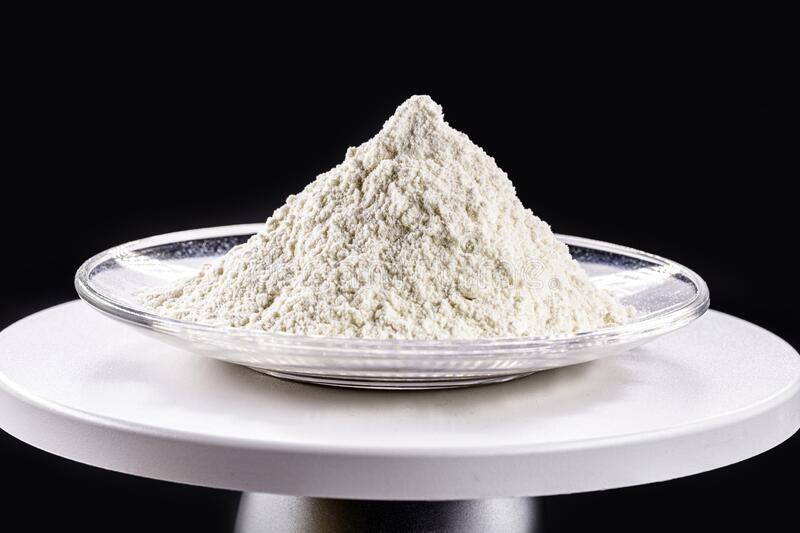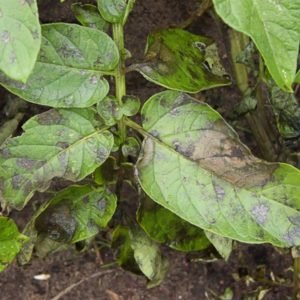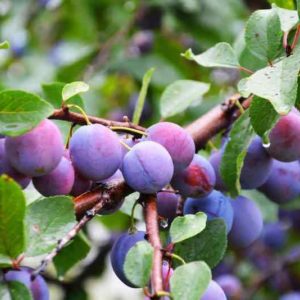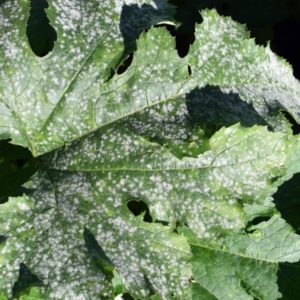Calcium sulfate (as a powder from gypsum) is a soil conditioner that increases your plants’ yields at an affordable price. The advantages of calcium sulfate as a nutrient for crops and plants are numerous without presenting any noticeable drawbacks.
The strengths of gypsum
Calcium sulfate is excellent for vegetable production via top spray application. It helps improve the situation when vegetables develop blossom end rot caused by calcium deficiency.
Plant fertilizers come in different shapes, sizes, packaging, and they give your plants different yields. The type of fertilizer chosen for the plants will determine the yields. Therefore, before using any soil conditioner with calcium sulfate, it is wise to understand its value first.
Use as an amendment

Gypsum is best known for improving soil structure, increasing aeration and infiltration, and reducing nutrient runoff and soil erosion. The benefits for the soil are long and varied. And naturally, when you improve the soil, you also improve the growing conditions for plants.
Why is calcium sulfate an ideal fertilizer?
Calcium sulfate is good for plants, but generally, no one sees it as an important source of nutrients for plants. In general, everyone thinks of calcium sulfate, or gypsum, as a soil amendment and it is. But it’s much more than that – it’s also a fertilizer that has nutritional value.
Besides, it is also a natural source of calcium and sulfur for plant nutrition, both of which are secondary macronutrients. Plants need 15 nutrients in addition to water, carbon dioxide and oxygen. These are divided into three groups including the primary macronutrients which include nitrogen, phosphorus, and potassium; the secondary macronutrients calcium, magnesium and sulfur; and finally the micronutrients boron, chloride, copper, iron, manganese, molybdenum, nickel and zinc.
Calcium sulfate is one of the most well-known soil conditioners and helps farmers and horticulturalists improve the structure of their soil. This type of fertilizer contains all the nutrients necessary for the growth of land plants.
Use as fertilizer

The gypsum powder from which calcium sulfate is derived penetrates the soil layers very quickly and supplies the necessary calcium and sulfur. It is therefore essential if you are looking to improve the structure and drainage of the soil or if you want to eliminate the toxic effect of aluminum. Calcium improves soil structure and creates oxygen conditions essential for improving soil and plants.
Calcium sulfate thus improves the quality of crops and therefore increases yields, growth, or even flowering. Its calcium component does not alter the pH of the soil and is therefore ideal for soils with a high pH but with a calcium deficiency.
Gypsum properties

Appropriate levels of calcium can provide the influences generally considered to be positive. Thus, gypsum (calcium sulfate) has the main advantages:
- Improves soil drainage;
- Prevents soil erosion;
- Promotes soil structure;
- Improves soil-water relations;
- Reduces surface water runoff thus reducing losses of phosphorus and nitrogen from the soil;
- Accelerates the elimination of oxalates;
- Increases the number of earthworms in the soil.
Fertilizer derived from gypsum is often of high quality because it contains a high level of calcium and sulfate. It is reconditioned from organic gypsum. Therefore, you don’t have to worry about chemicals that could be harmful to the soil.
Calcium sulfate is 100% soluble in water. This makes it easy to use, and it also means that it is very effective quickly after its application. The results are visible in a flash.
In its composition (coming from gypsum), calcium sulfate contains 97% calcium sulfate dihydrate, 22.5% calcium and 18% sulfur. These are components necessary for conditioning the soil.
Good to know
Calcium is an essential nutrient and plays an important role in the absorption of nutrients. Without adequate calcium, nutrient absorption and root development slow down. And calcium is also essential for many plant functions, including cell division, soil wall development, nitrate absorption and metabolism, enzyme activity, and starch metabolism.
Calcium is important for the quality of fruits and tubers and is often deficient. Good quality fruits and tubers require an adequate supply of calcium. Calcium moves slowly through the plant, so it must be constantly available to the roots.




